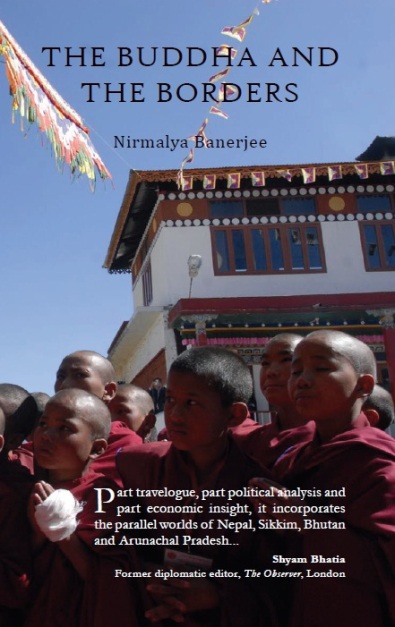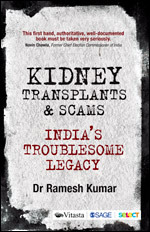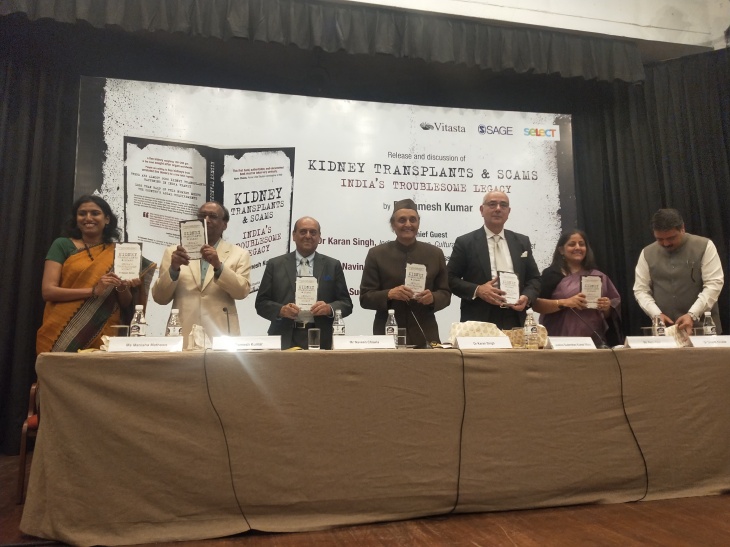(New Delhi, Mar 7, 2020) More and more women are becoming financially independent and exercising their choices freely in both personal and professional lives, enabling them to redefine the textbook meaning of feminism and strengthen the bond of sisterhood, say some women achievers.
On the eve of International Women’s Day, three women achievers speak about feminism, breaking glass ceilings and whether the new definition is about proving women to being creatively superior to men.
“Women do have more imagination about most things, but it is not always creativity expressing itself. Their softer natures make them feel more empathy which also makes them more observant of others and of situations,” says Sathya Saran, a former editor of Femina and author of several books including the most recent biography of Pt. Hariprasad Chaurasia, Breath of Gold.
For vocalist Nithya Rajendran, of Music Vruksha, creativity thrives in the middle of rich emotional experiences and since womanhood entails allowing feelings to come forth, and less restraint in acknowledging and feeling emotions, women may have a more fertile mental make-up to allow creativity.
“Creativity is an attribute of the mind, as is femininity or masculinity. So a person doesn’t have to be physiologically a woman to be able to create. A sensitive man with attributes that allow femininity, may be as empowered to be creative,” she says.
Kiran Manral, author of several books on parenting and co-founder of the Women’s Writers Fest, also believes that creativity is gender agnostic.
She feels that for creativity one needs curiosity, empathy, a certain receptive temperament, a questioning nature and of course talent, and the ability to pursue that talent, whether through circumstance or effort.
“If all these factors are in place, being a creative person is relatively easier, whether you are a man or a woman,” she says.
So if creative abilities among other skills needed for growth are gender agnostic then why is there a notion of women finding it harder to break the glass ceiling and rise up the hierarchy.
Saran doesn’t believe that a glass ceiling exists in journalism but feels perceptions can be limiting sometimes.
Manral who too started out as a journalist also doesn’t feel there is a glass ceiling in the line of writing and journalism.
Rajendran, who has over 30 years of training in both Hindustani Classical and Carnatic music, is of the opinion that a technologically empowered era no longer needs women to be constrained by gender, since technology enables their talents and their abilities to define them.
“We no longer need to be limited by scarcity of opportunity. We can reach connoisseurs and audiences directly, without being dependent on someone to give us an opportunity. That way, I think the glass ceiling is increasingly less likely to exist in this technology-driven age. For that, women should be thankful,” she says.
Asked why there are very few examples of strong, independent women, to serve as encouragement to other women, Saran says, “Women who are strong are strong always. However, today economic independence and higher education has added confidence and the power to tell her side of the story in interpersonal conflict situations.”
According to Manral, “We have strong independent women all around us. We fail to recognise them.”
Rajendran says that she has had experiences of women being able to open up and share their troubles when in the milieu of music.
“They are able to have cathartic moments, spiritually healing moments and profound moments of self realisation too. These are much needed in today’s age,” she says.
Feminism to Saran is definitely not a confrontational attitude towards men.
“It is however the right every woman has to decide about her life, her body, her future. Of course her rights are linked to her duties too. But she must negotiate to have the power of choice. And that negotiating power is the role of feminism,” she says.
Rajendran feels feminism needs to move from viewing people and life in dissected halves of woman and man, yin and yang, femininity and masculinity, to a more humanity-oriented and gender-neutral perspective.
For Manral too women may be “different biologically, but as humans we are not meant to be dominant and subordinate as genders. We need to have men women, and those who identify differently from the binary as well, treated equally in all fields, whether rights, pay, attitudes”.


